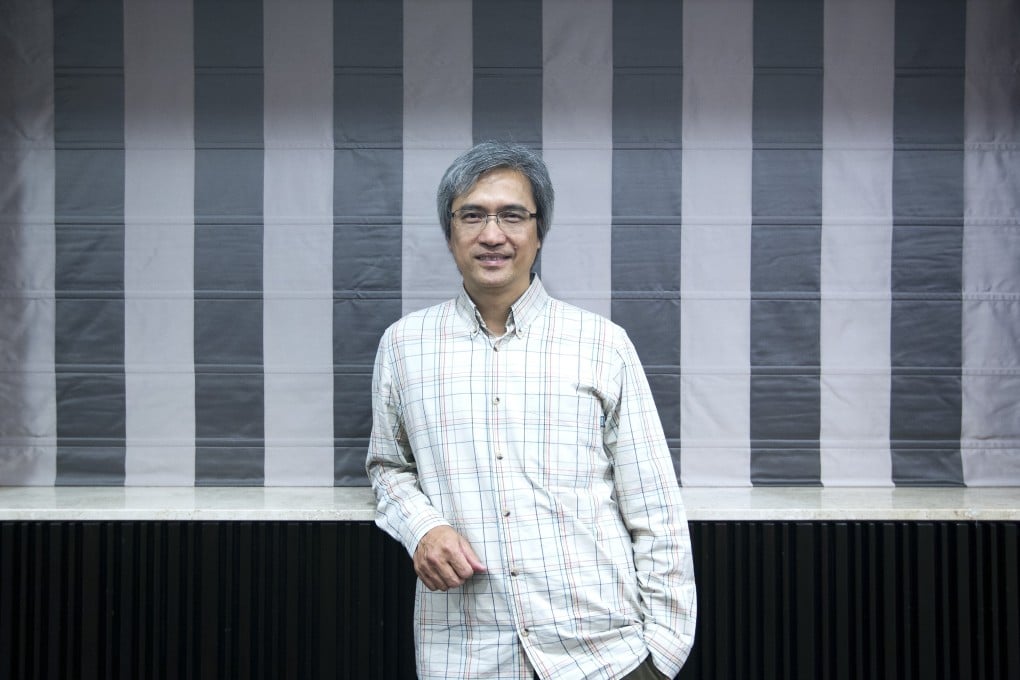Advertisement
Obituary | Benny Chan, action film director behind some of the pop-culture landmarks of recent Hong Kong cinema
- Raised on action films, Chan started in TV before getting his big break in the film industry with the first feature he directed, 1990’s A Moment of Romance
- Known internationally for New Police Story, starring Jackie Chan, he made critical favourites such as The White Storm and pop-culture gems such as Gen-X Cops
Reading Time:3 minutes
Why you can trust SCMP

Benny Chan Muk-sing, who died on Sunday at the age of 58, was responsible for several of the best Hong Kong action movies of the past 30 years. It was a genre he had loved since he was a child, when he often binged on inexpensive Shaw Brothers matinees.
Yet the master of frenetic, explosive big-screen action was as mild-mannered as could be in person.
Born in 1961, as a teenager Chan was addicted to the martial arts films of Bruce Lee, Sammo Hung Kam-bo, and Jackie Chan – he would go on to direct the latter in three of his mid-career vehicles, Who Am I? (1998), New Police Story (2004) and Rob-B-Hood (2006); these were the films for which he was best known outside his home city.
Advertisement
After a brief spell at Hong Kong terrestrial broadcaster Rediffusion TV in 1981 working continuity, and five years at rival station TVB, where he went from being production assistant to Johnnie To Kei-fung, another luminary of Hong Kong cinema, to directing a few drama series on his own, Chan tried his hand as an executive director on two films in 1987 and 1988. The following year he directed and produced a couple of drama series for ATV in Hong Kong.
Chan’s big break came in 1990, when his debut feature as a director, A Moment of Romance, was a critical and commercial hit. Produced by his mentor To, it proved to be one of the most recognisable Hong Kong films of the 1990s. One of its characters, Wah Dee, a sympathetic gangster portrayed by Andy Lau Tak-wah, would come to be known as an icon of Hong Kong cinema.
Advertisement
Advertisement
Select Voice
Choose your listening speed
Get through articles 2x faster
1.25x
250 WPM
Slow
Average
Fast
1.25x